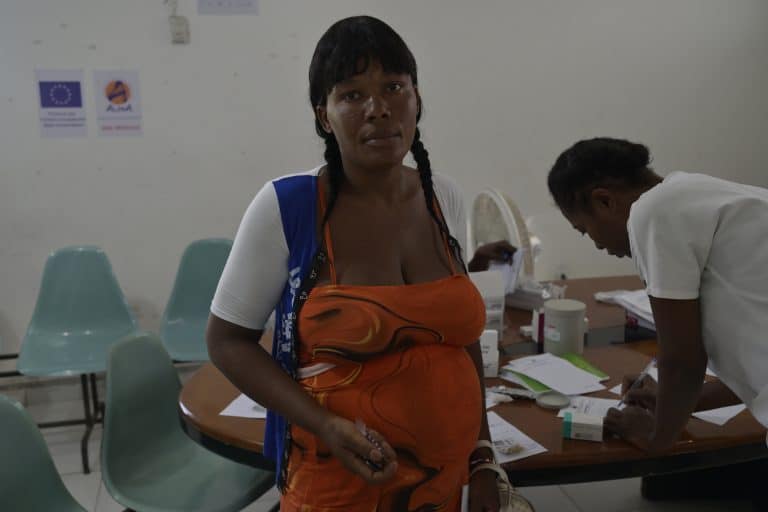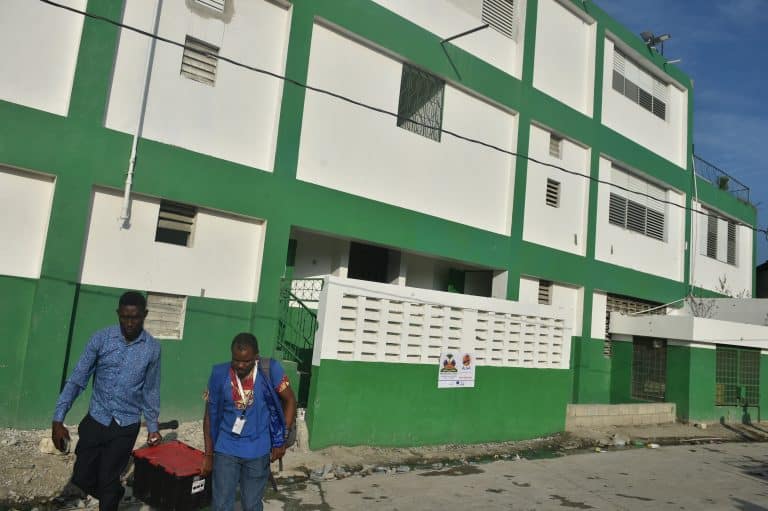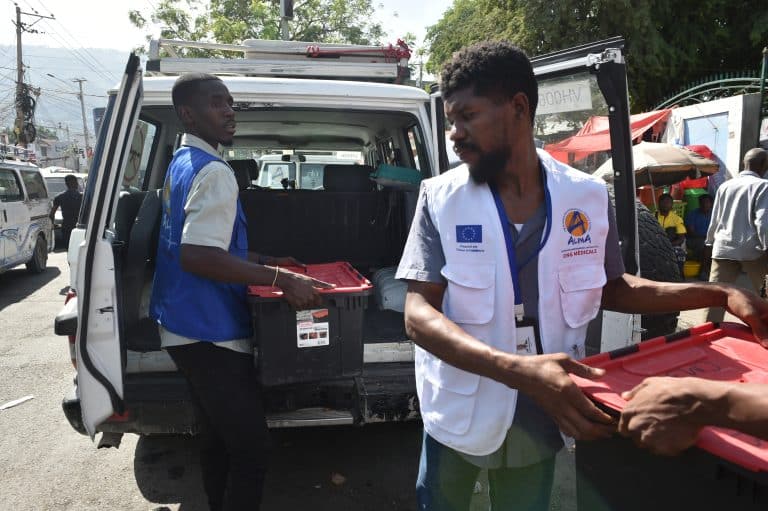South Sudan’s Health System at Breaking Point
South Sudan is facing one of its most severe health crises in recent years. The abrupt withdrawal of key international funding streams particularly from the United States,has forced the suspension of vital medical services and led to the closure of numerous health facilities, including the Maper Health Centre in Lakes State.
The crisis is compounded by a seasonal surge in malaria cases, growing insecurity, and large-scale population displacement. These overlapping emergencies are placing unbearable strain on an already fragile healthcare system.
Hospitals, which were operating at minimal capacity even before the funding cuts, are now overwhelmed. With the collapse of many primary health care centers, an estimated 60% of patients with minor or manageable conditions are turning to hospitals—further crowding facilities meant for critical care. As a result, hospitals are struggling to prioritize and treat life-threatening cases.
Urgent support and renewed engagement from international partners are essential to prevent a total breakdown of health services and to ensure access to care for the most vulnerable populations.
A Swift, Targeted Response to a Growing Crisis
Faced with this emergency, ALIMA is rapidly deploying teams to ensure a life-saving medical response, combining urgency, innovation, and local capacity building.
“In times of critical need, it’s important that humanitarian actors remain present. ALIMA is reinforcing its commitment to South Sudan by expanding our support to the health system where it’s needed most.”
Daniel Mwangi, ALIMA Head of Mission in South Sudan
ALIMA is taking action to ease pressure in overcrowded hospitals by restructuring the healthcare services. Around 80% of births can be handled in primary health centers, freeing up hospitals to focus on the most complex cases.
This pragmatic, needs-based approach reinforces ALIMA’s role as a trusted actor on the ground.
“We deeply value the collaboration with local authorities and communities, who have welcomed our support. Together, we are working to ensure continued access to quality healthcare, especially in this challenging period.”
Daniel Mwangi
By working hand in hand with local partners, ALIMA remains committed not only to addressing immediate health needs but also to reinforcing the resilience of South Sudan’s health system for the future.
Concrete actions to save lives
Six sites are already operational. ALIMA is deploying mobile clinics and conducting malaria screening and treatment, which are particularly critical between July and November.
ALIMA offers free primary healthcare, working alongside local health workers in neglected areas. The goal is clear: reduce the number of serious cases, ease the burden on hospitals, and ensure access to care for the most vulnerable.
We knew the malaria peak was coming, so we made sure to act early. Thanks to our planning, teams are already on the ground and fully operational to respond to the surge in cases.”
Dr. Bing, ALIMA Medical Coordinator, Aweil
Strengthening our presence in the coming months
ALIMA plans to scale up its response rapidly, extending its activities to other areas, such as the recruitment of local staff and the development of new partnerships.
At a time when many are pulling out, ALIMA reaffirms its commitment: to stay with the most vulnerable and act where the needs are most urgent.





